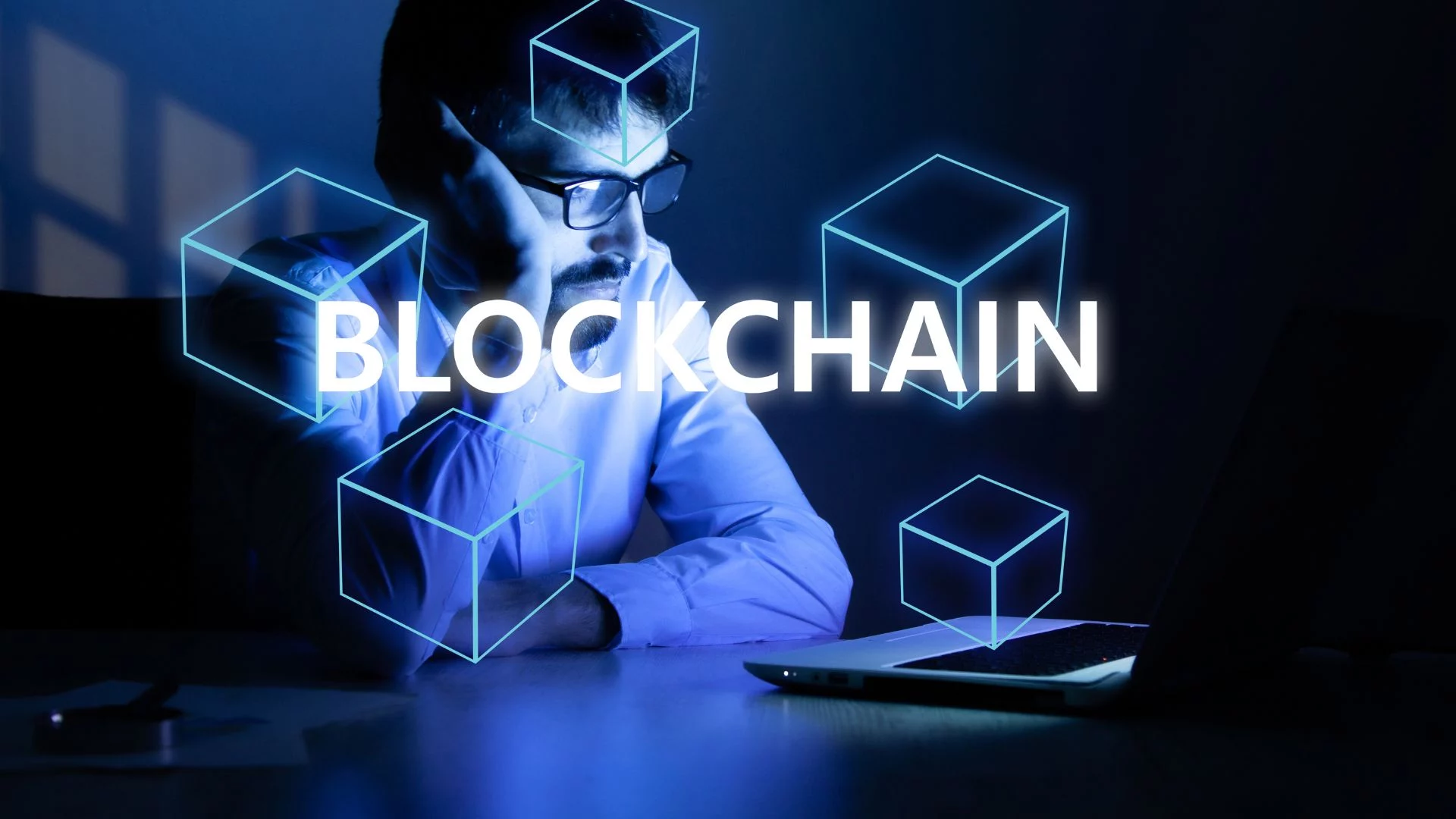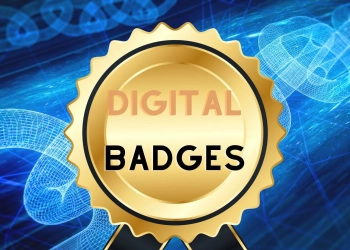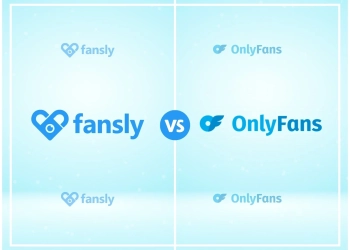In an increasingly digital world, the education sector is undergoing a transformation that promises to enhance the way we verify and authenticate academic achievements. Beyond the traditional diploma lies a revolutionary technology: blockchain digital credentials.
This article delves into how blockchain is reshaping the education industry in the UK and Canada, offering a more secure, transparent, and efficient way of credential verification.
The Traditional Diploma: Limitations and Challenges
For centuries, the diploma has been the gold standard for verifying educational accomplishments. However, it comes with its limitations. Paper-based diplomas are susceptible to fraud, loss, and damage. Moreover, the process of verifying these credentials can be time-consuming and prone to errors, with institutions relying on third-party verification services.
Enter Blockchain Digital Credentials
Blockchain technology has emerged as a game-changer in the education industry. It offers a decentralized, immutable ledger that can securely store digital credentials, ensuring their authenticity and eliminating the risk of fraud. Here’s how it works:
- Secure and Immutable Records: Each credential is stored as a unique digital asset on the blockchain. This ensures that once issued, the record cannot be altered or tampered with, guaranteeing the integrity of the credential.
- Instant Verification: Blockchain enables instant verification of credentials, reducing the time and effort required for background checks. Employers, institutions, and other stakeholders can easily access and verify the authenticity of a credential.
- Ownership and Control: With blockchain digital credentials, individuals have greater ownership and control over their academic records. They can share their credentials securely with prospective employers or educational institutions, granting permission for access.
Real-World Applications in the UK and Canada
In both the UK and Canada, educational institutions are adopting blockchain digital credentials to streamline their credentialing processes and enhance trust. Here are some noteworthy examples:
1. The University of Surrey (UK): This institution is among the pioneers in adopting blockchain for digital credentials. They use a blockchain-based platform to issue and verify digital certificates, making it easier for graduates to share their achievements with potential employers.
2. Ryerson University (Canada): Ryerson University in Toronto has embraced blockchain technology to issue digital diplomas. Graduates can access their digital credentials through a secure platform, ensuring their authenticity.
3. The Open University (UK): As a leader in distance education, The Open University is exploring blockchain for digital credentialing. They aim to provide their students with a more efficient and secure way of sharing their academic accomplishments.
Benefits of Blockchain Digital Credentials
The rise of blockchain digital credentials offers several key advantages for the education industry:
- Enhanced Security: Credentials are secured through cryptographic techniques, reducing the risk of forgery or credential fraud.
- Efficiency: Verification processes are expedited, saving time and reducing administrative burdens for institutions and employers.
- Transparency: Blockchain ensures transparency in the verification process, allowing stakeholders to trace the credential’s history.
- Accessibility: Individuals can easily access and share their credentials, fostering mobility and career advancement.
Challenges and Considerations
While blockchain digital credentials offer significant promise, there are challenges to consider. Privacy concerns, data management, and the need for standardization are among the key issues that must be addressed as this technology continues to evolve.
Conclusion
Beyond the traditional diploma, blockchain digital credentials are ushering in a new era of trust and efficiency in the education industry. The UK and Canada are at the forefront of this transformation, with educational institutions adopting blockchain technology to enhance the credibility and accessibility of academic achievements.
As the adoption of blockchain digital credentials continues to grow, it is poised to become the new standard for verifying educational accomplishments, offering individuals greater control over their academic records and opening up exciting opportunities for the future.















